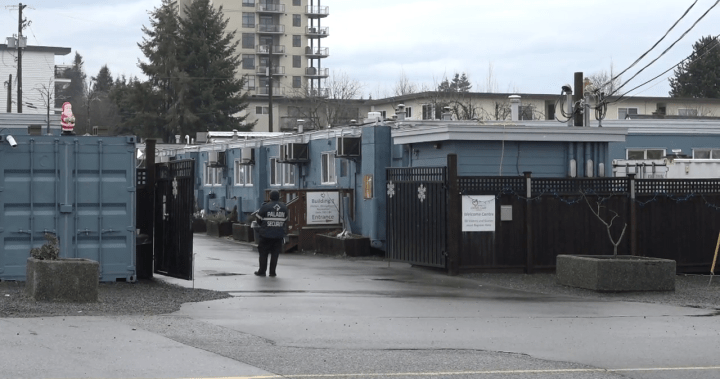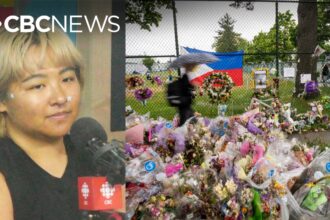In a decisive move addressing British Columbia’s ongoing housing crisis, the provincial government unveiled plans Monday for a significant expansion of supportive housing in Nanaimo, marking one of the region’s most ambitious housing initiatives in recent years. The announcement comes as communities across Vancouver Island grapple with increasing homelessness and housing affordability challenges that have intensified since the pandemic.
The $17.8 million project will create 59 new supportive housing units specifically designed for individuals experiencing or at risk of homelessness, with construction scheduled to begin by late summer 2024. These purpose-built residences will feature integrated support services including mental health counseling, addiction recovery programs, and employment assistance—critical components that distinguish supportive housing from traditional affordable housing models.
“What we’re seeing in Nanaimo reflects challenges faced across our province,” said Housing Minister Ravi Kahlon during the announcement. “This isn’t simply about putting roofs over heads—it’s about creating pathways to stability through comprehensive support systems that address the root causes of housing instability.”
The development, situated on city-owned land near existing social services, represents a collaborative effort between provincial authorities, the City of Nanaimo, and non-profit housing providers. Notably, the project incorporates design elements based on consultations with current supportive housing residents, including privacy considerations and communal spaces intended to foster community connections.
According to recent provincial housing assessments, Nanaimo has experienced a 32% increase in individuals accessing emergency shelter services since 2020. The new facility aims to reduce this pressure while offering sustainable housing solutions rather than temporary accommodations.
“We’ve observed firsthand how supportive housing creates ripple effects throughout communities,” explained Dr. Karen Matthews, housing policy researcher at Vancouver Island University. “When properly implemented, these developments not only benefit residents but reduce strain on emergency services, healthcare systems, and community resources.”
The announcement has generated mixed reactions among local residents. Community advocates like Nanaimo Homeless Coalition have welcomed the development, while some neighborhood associations have expressed concerns about location and potential impacts on surrounding areas.
City Councillor Tyler Brown addressed these apprehensions during Monday’s council meeting: “We understand these developments can generate concerns, which is why comprehensive community engagement remains central to our approach. The data consistently shows that well-managed supportive housing improves neighborhood outcomes rather than hindering them.”
The project represents part of British Columbia’s broader Homes for BC plan, which aims to create 114,000 affordable homes province-wide. Nanaimo’s allocation reflects the city’s growing population and documented housing needs, according to officials from BC Housing.
Construction is expected to generate approximately 86 jobs during development, with permanent staffing positions created once operational. The facility will operate 24/7 with professional support staff, addressing a key concern from previous supportive housing initiatives that lacked sufficient overnight supervision.
For individuals like former supportive housing resident James Morrison, such developments represent critical turning points: “Three years ago, I was living in my car after losing my job and apartment. The supportive housing program gave me not just shelter, but connections to mental health services and employment training that helped me rebuild my life. Today I have my own apartment and a steady job.”
As British Columbia continues navigating its housing challenges amid economic pressures and population growth, particularly in Vancouver Island communities, the question remains: Will this expanded approach to supportive housing provide the sustainable model needed to address homelessness effectively, or will additional interventions be required to meet the scale of the province’s housing crisis?


















